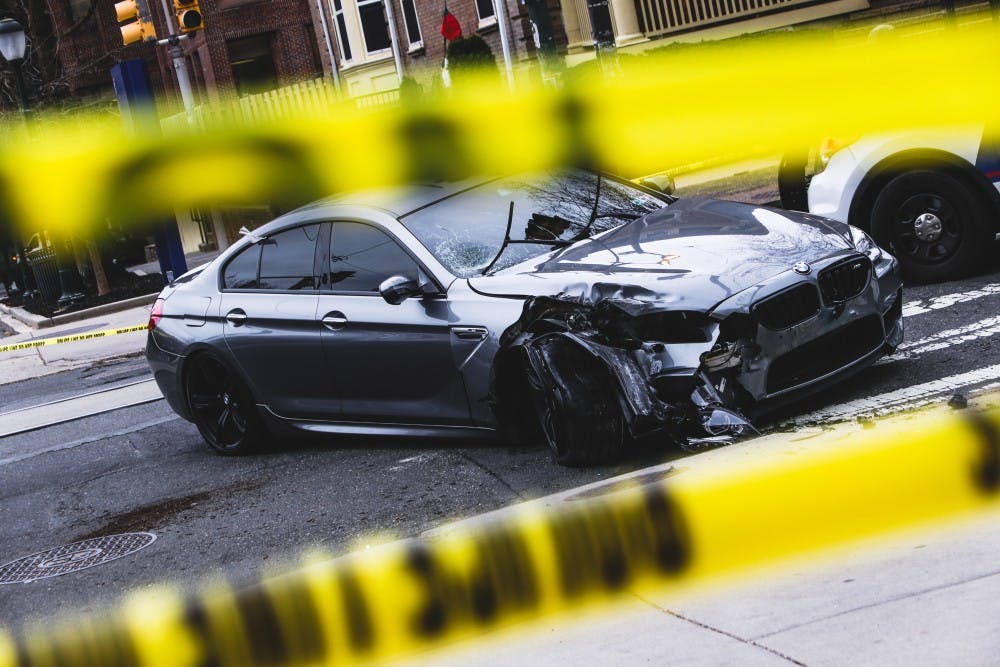
A recent Penn study has linked teenage driving accidents to the rate of brain development in adolescents. The results suggest that teenagers with slower working memory growth are more likely to be involved in accidents.
The study was the first to compare motor vehicle accidents to working memory by following a group of participants over a long period of time. It was conducted by researchers from the Annenberg Public Policy Center, the Perelman School of Medicine, and the Children's Hospital of Philadelphia.
The study, published in JAMA Network Open, looked at 118 youth from Philadelphia from their preteen years up to ages 18-20. Over the course of eight years, the subjects took tests to examine working memory development and risk-taking tendencies. Working memory, a brain process that develops through adolescence and into the twenties, is associated with complex, moment-to-moment tasks such as adjusting speed, steering, monitoring the vehicle and surroundings, and other tasks essential to driving.
The researchers, led by Annenberg and CHOP postdoctoral fellow Elizabeth Walshe, found teenagers with slower working memory development were more likely to report being involved in a car accident.
Motor vehicle accidents are the leading cause of death among 16 to 19 year olds in the United States, the Centers for Disease Control and Prevention report. Teen drivers are also nearly three times more likely than those 20 and older to be in a fatal crash.
Walshe said based on the results, cognitive tests could be used to identify which teenagers are most likely to be involved in crashes.
“Ideally, we’d be able to offer interventions like driver training or technologies like in-vehicle alert systems to assist new drivers who need it,” Walshe said in an Annenberg press release.
A number of studies have ranked Philadelphia as one of the worst cities for driving over the years. One survey conducted by Allstate in 2018 assessed 200 U.S. metropolitan areas on safe driving and ranked Philadelphia in the bottom 10. A 2019 study by GasBuddy ranked the city's drivers as some of the most aggressive in urban areas.
The Daily Pennsylvanian is an independent, student-run newspaper. Please consider making a donation to support the coverage that shapes the University. Your generosity ensures a future of strong journalism at Penn.
Donate



